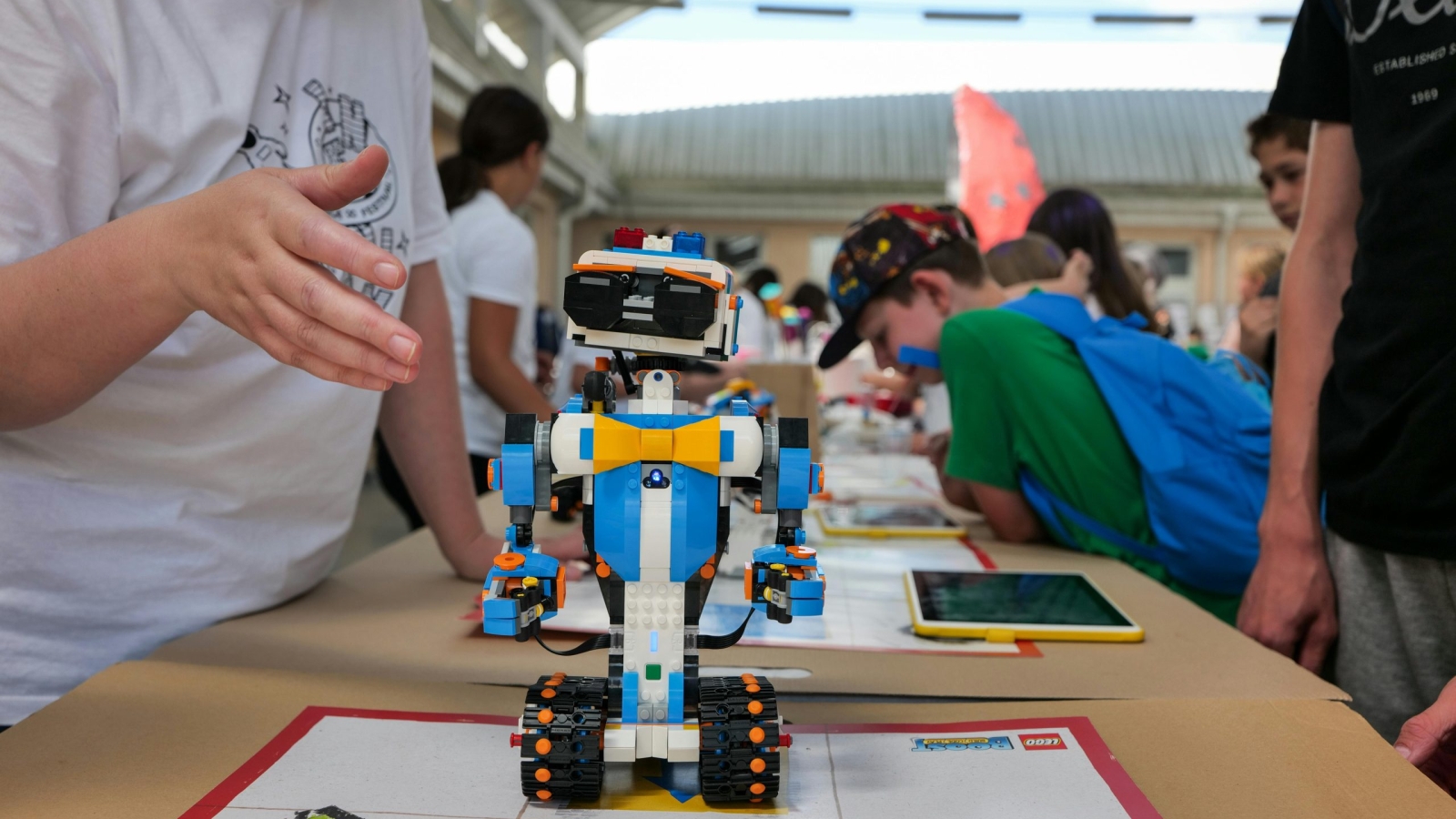In the realm of education, there’s an ongoing debate about the most effective methods to engage students and deepen their understanding of various subjects. While traditional classroom instruction certainly has its merits, there’s something uniquely enriching about stepping outside the confines of the school and delving into real-world experiences. This rings especially true in the realm of science education, where hands-on learning and direct observation can make all the difference in comprehension and enthusiasm. Enter the school tour—a dynamic educational tool that breathes life into science education in ways textbooks simply can’t match.
Bridging Theory with Reality
One of the primary benefits of school tours for science education is their ability to bridge the gap between theoretical concepts taught in the classroom and their real-world applications. Consider a physics class studying the principles of motion and gravity. While equations and diagrams are essential for laying the groundwork, witnessing these principles in action at a science museum or a physics laboratory brings a whole new level of understanding. Students can see pendulums swinging, objects in free fall, or experiments demonstrating Newton’s laws—all of which serve to reinforce abstract concepts with tangible, memorable experiences.
Fostering Curiosity and Inquiry
Science is inherently a curious endeavor—it’s about asking questions, making observations, and seeking answers. School tours provide an environment where students can indulge their natural curiosity and engage in hands-on exploration. Whether it’s dissecting a frog in a biology lab, conducting chemistry experiments in a controlled setting, or exploring ecosystems in a botanical garden, these experiences spark a sense of wonder and inquiry that textbooks alone cannot inspire. By encouraging students to actively participate in the scientific process, school tours foster a lifelong love for learning and exploration.
Encouraging Multisensory Learning
Not all students learn best through traditional lectures or visual aids alone. For many, hands-on experiences and multisensory learning are essential for solidifying concepts and retaining information. School tours cater to diverse learning styles by offering a rich tapestry of sensory stimuli—whether it’s the tactile sensation of touching fossils in a natural history museum, the auditory experience of listening to a marine biologist speak about ocean ecosystems, or the olfactory delight of smelling botanical specimens in a greenhouse. By engaging multiple senses simultaneously, school tours create a more immersive and memorable learning experience for students of all backgrounds and abilities.
Cultivating Critical Thinking and Problem-Solving Skills
Science education isn’t just about memorizing facts and figures—it’s about developing critical thinking skills and learning how to approach complex problems systematically. School tours provide ample opportunities for students to apply theoretical knowledge to real-world scenarios, encouraging them to think critically and creatively. Whether it’s designing and testing hypotheses in a laboratory setting, analyzing data collected during field studies, or troubleshooting experiments gone awry, these experiences cultivate the problem-solving skills essential for success in both academic and professional realms.
Fostering Collaboration and Communication
In the scientific community, collaboration and communication are key pillars of progress. School tours offer students the chance to work together in small groups, sharing ideas, brainstorming solutions, and communicating their findings to their peers and instructors. Whether it’s collaborating on a robotics project, presenting research findings at a science fair, or engaging in lively discussions during a guided tour, these experiences help students develop essential teamwork and communication skills that are invaluable in any scientific endeavor.
In conclusion, school tours play a vital role in enhancing science education by providing students with real-world experiences that complement and reinforce classroom learning. From bridging theory with reality to fostering curiosity, encouraging multisensory learning, cultivating critical thinking skills, and promoting collaboration and communication, the benefits of school tours are manifold. By stepping outside the classroom walls and immersing themselves in hands-on experiences, students not only deepen their understanding of scientific concepts but also cultivate a lifelong passion for exploration and discovery. So the next time you’re planning a science curriculum, consider the transformative power of a well-designed school tour—it might just be the spark that ignites a future scientist’s imagination.


Leave A Comment